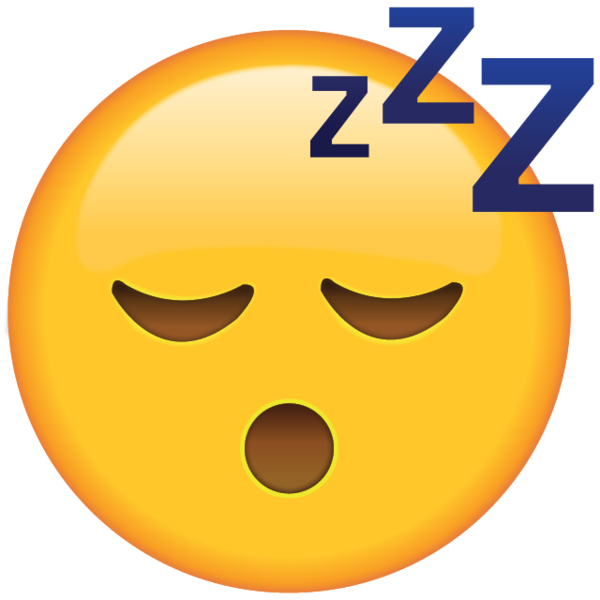Is sleep really as important as it’s made out to be?
October 25, 2019
You know the show Awake: The Million Dollar Game? The show on Netflix, hosted by James Davis. Where the contestants must stay awake for over 24 hours, counting quarters before competing in various challenges. It’s an excellent example of how severe losing just one night of sleep really is to our minds and bodies.
While we sleep our immune systems release cytokines. These proteins not only promote sleep, but also fight infections. In periods of reduced sleep cytokines are not produced, leaving us at a higher risk of catching even a common cold.
Sleep deprivation is also linked to heart and kidney disease, high blood pressure, strokes and diabetes. It affects how your body reacts to insulin, the hormone that controls your blood sugar level.
Sleep allows us to have a healthy balance of hormones, ghrelin and leptin, one of which makes us feel hungry and the other full.
When you’re deprived of sleep, your levels of ghrelin goes up, causing you feel hungrier than you normally should.
Sleep is also extremely important to our mental and emotional well-being. Our brains need time to slow down for a few hours, so that we can pay more attention, make better decisions, and be more creative.
Deprivation of sleep is linked to depression, mood-swings, suicide, and risk-taking behavior. A lack of sleep also leads to compromised performance in most tasks. Micro-sleep is another dangerous side-effect, where you fall asleep for brief moments and may not have even noticed.
Over the eight episodes of Awake: The Million Dollar Game, we see contestants struggling with basic tasks that range from reaction to counting and even to just screaming. And we often hear adults lecturing on going to bed early before a big test and making sure to get enough sleep. But despite all this, teens still flaunt about how little sleep they’re getting, as if it’s a competition.
And if those points aren’t convincing, sleep is even more important to teens than most other age groups. It promotes healthy growth, growth of muscle mass, and tissue repair vital to adolescents.
As an age group who are just starting to drive, sleep deficiency can be deadly. Micro-sleeping while driving can be just as dangerous as drunk driving, if not more, and even worse, drowsy drivers often don’t realize how unfit they are to drive.
Due to melatonin levels and natural sleep cycles, teens often fall asleep later at night and sleep longer in the mornings. Screen time before going to bed doesn’t help either.
This of course counters the early starting dates of schools, putting teens at more risk when driving to school early in the morning.
Adolescents in High school should still be getting at least 8-10 hours of sleep. However, that’s not the norm nowadays, and it’s not healthy.











